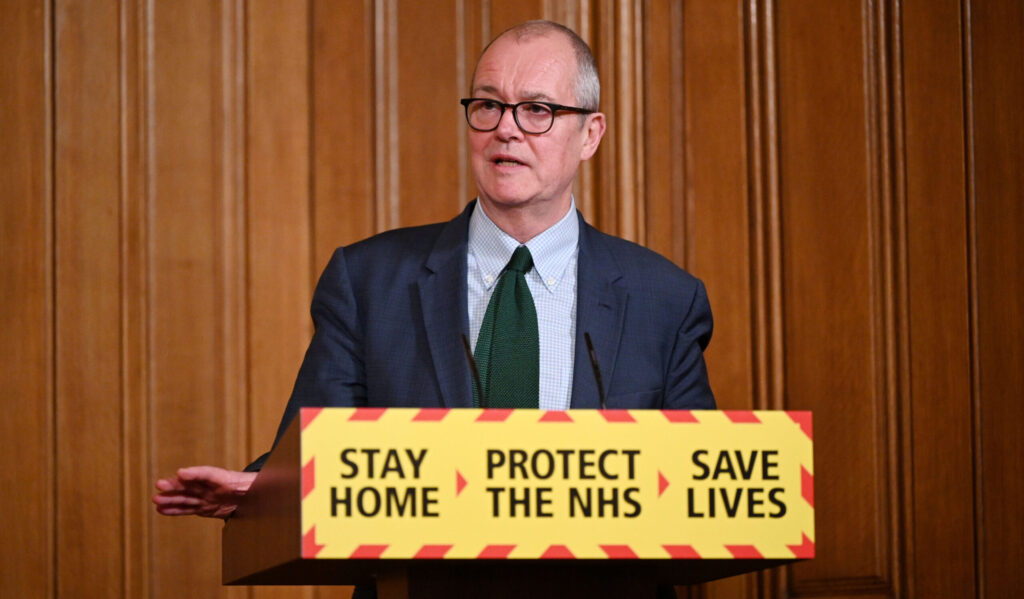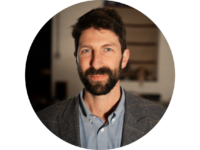Don’t let Sage scientists off the hook for lockdown
Patrick Vallance deserves criticism for his role in the pandemic too.


This week, the UK Covid inquiry was told about the “chaotic” and “toxic” atmosphere at 10 Downing Street in the run-up to the imposition of lockdown in 2020.
Media outlets ranging from the Guardian, BBC and the Mirror jumped on striking comments made by Sir Patrick Vallance in his personal diary. These were read to the inquiry as part of a lengthy opening statement on Tuesday by the lead counsel, Hugo Keith KC.
In his nightly entries, the Government’s former chief scientific adviser lamented the political infighting at Number 10 (including the incompetence of Matt Hancock) and the cherry-picking of information from the Scientific Advisory Group for Emergencies (Sage). He also criticised the “bipolar decision-making” and “ridiculous flip-flopping” of Boris Johnson around lockdown.
Vallance appeared to compare elected politicians to children disregarding the guidance of “The Science”, saying that politicians had behaved “totally inappropriate[ly]|”, putting Sage in a “terrible position”.
His comments are part of a larger tranche of personal communications that will come to light in the coming weeks as the inquiry analyses UK political decision-making and governance. This includes 250 different WhatsApp group chats and thousands of pages of one-to-one texts at the highest level of the UK Government.
With such a large amount of private communication, we should expect the dirty laundry of the political class to come out in its full splendour. But judging from the lengthy opening statement by Keith, this presents a number of significant risks.
Firstly, the stupidity, selfishness and chameleonic temperament of politicians provide an easy scapegoat for other sources of chaos in the early days of 2020: namely, lockdown itself.
The main focus of the inquiry in this second investigation is whether the Government reacted with “sufficient speed” before the 23 March lockdown. But this claim is based on the belief that lockdown was necessary, making an early imposition the natural conclusion. This is certainly the opinion of Vallance and most of the established scientific class. However, if we reject the premise that lockdown was needed, then the case reads differently: politicians were misled by scientists and a public enamoured with the new CCP model.
Support for lockdown has been woven into the dominant inquiry narrative, which has been enhanced by the overrepresentation of bereaved families. Yet this assumption co-exists uneasily with a recognition that non-pharmaceutical interventions cannot stop transmission, as noted by Keith on Tuesday:
“However stringently a government intervenes, it is of course not possible to stop everyone getting infected. Some will inevitably be infected and thus be immune, but that is a long way from deliberately exposing them to a virus that might kill them.”
– HUGO KEITH
And yet, in the same opening statement, Keith goes on to note: “The median age at death in the United Kingdom at the beginning of the pandemic was 83. The median age of persons who died was 82.” Was the social sledgehammer of lockdown really necessary for such a virus? Most likely not.
Secondly, it is perplexing how the use of lockdown itself is not described as “chaotic” and “toxic”. The inquiry heard on Wednesday, for example, about the neglect of children’s rights. Such measures were monitored by the police, which brought with it the full weight of social coercion. Resulting from these actions was substantial collateral damage that continues to be overlooked, including in official reports.
Beyond these factors, the scapegoating of politicians is a convenient guise to hide the errors, half-truths and groupthink of the scientific establishment itself, which is keen to maintain a narrative of “truth” and superiority over the politician class. This, even though most “facts” of the Covid years are deeply contested. To pick just one example: the inquiry assumes that the virus could have been contained in Wuhan in January 2020, oblivious to the data from blood banks, cohort studies and environmental sampling showing that SARS-CoV-2 was circulating (at low levels) in Europe & the US in late 2019.
In this regard, the inquiry appears to be replicating its lockdown doctrine through an implicit need for speed that justifies the measure, a political duty to save all lives, a denial of the chaotic nature and harm of implementing lockdown, blame-shifting onto politicians and a false sense of certainty about key scientific questions. There is an alternative Occam’s razor explanation: implementing lockdown is itself a chaotic and toxic decision. But we seem to desire more complex explanations.
Follow Kevin Bardosh on X (formerly Twitter) @KevinBardosh
